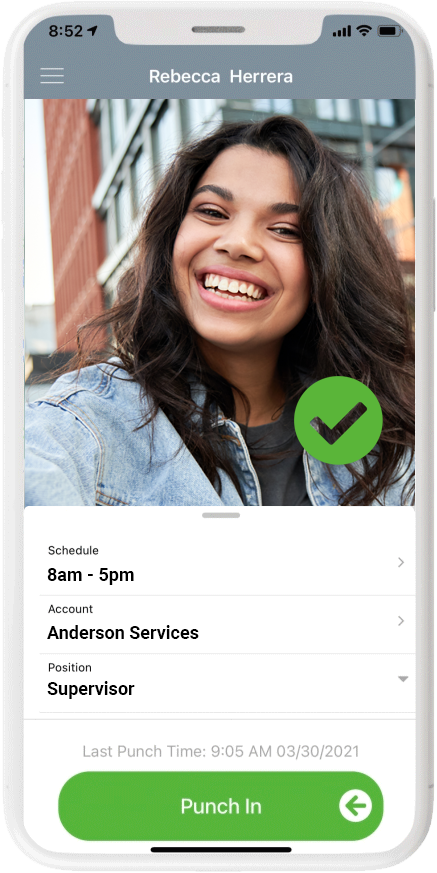As a business leader, how many times have you seen a timecard that has 8am – 5pm with a perfect 1 hour lunch break? Is it really possible to work that precisely? The answer, typically, is no. If their times are statistically improbable, should you really be trusting your employees to manage their time keeping themselves?
Many employers are already suspicious that their employees are misrepresenting their time, but did you know that, according to Software Advice, 43% of employees admit to inflating their time worked when self-reporting? In their mind, this is completely justified. They work hard for your organization and deserve a break. Although they may be correct in some aspects of that point of view, the time system is the absolute worst place to make these “self-corrections” to their compensation. If the time data is off, and research shows that it will be unless you are using a system to force accurate time keeping, this causes all of your job costing analysis to also be off. How do you know if you are profitable as a business? How can you compare one job to another and determine if you are making money? It is impossible to make good decisions without accurate labor data.
Compelling content to your inbox.

To solve this problem, many employers will task supervisors with recording time on behalf of the employees. On the surface, this seems like a great solution. Supervisors are typically very aware of the time being worked and they know the job-costing information. Supervisors are trusted individuals who have come up through the ranks and proven their worth to the team and to the company. There is only one problem: supervisors are as human as their employees. Supervisors, as critical to the success of your company as they are, will fudge their employees’ time when given the opportunity. Why would they do this? Because they are in charge of keeping their direct reports engaged and happy. They use the time system as their personal bonus system. Mis-reporting late arrivals, early departures, breaks, and in extreme cases, absenteeism and even ghost employees- all leading to bad time data. Whether it is the supervisors or the deciding to misrepresent the time it is still leading to bad data, still leading to bad decisions, and still leading to you overpaying by up to 8%!
What is the answer to this problem? Take TRUST out of the equation. Trust is essential between employees and their supervisors and between supervisors and business managers. Trust is one of the key ingredients to engaged, happy, and fulfilled employees. However, why introduce trust where trust is not required? If you use something like facial-recognition on mobile devices that are geo-aware, you remove the requirement to trust your employees when it comes to time tracking. But just as important, you remove the requirement to trust your supervisors as well. This is the key point: Remove everyone’s ability to misrepresent time data and you will, by default, have accurate time data. If your supervisors require programs to reward their employees, provide this to them in other ways. Don’t allow your time system to become the rewards program. This misuse of your time system does you no good; it simply creates an environment where business leaders cannot make good decisions.






